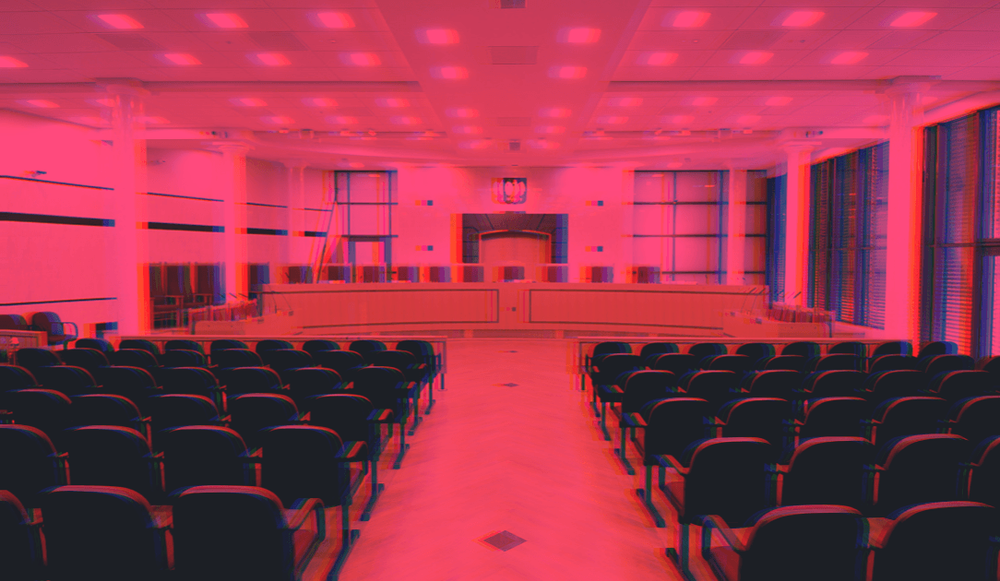Court in Poland blocks inquiry into previous government’s spyware abuses
Three judges appointed to Poland’s Constitutional Tribunal by the country’s ousted Law and Justice (PiS) party have blocked an inquiry into that party’s alleged abuse of Pegasus spyware to target political opponents.
In a ruling on Tuesday, the court — whose decisions cannot be appealed — threw out a claim initiated by the Sejm, the lower house of parliament in Poland, to examine the use of the hacking tool by government authorities during the years PiS was in power, from 2015 to 2023.
The unanimous decision to block the inquiry has been criticized as “political” by officials opposed to the PiS. Magdalena Sroka, a member of parliament, claimed the judgment was “dictated by the fear of liability.”
Launching the inquiry had been a major pledge by the governing Civic Coalition during Poland’s 2023 parliamentary elections. Earlier this year, the new prime minister Donald Tusk said he could prove that state authorities used the powerful spyware to track a “very long” list of targets.
In April, Poland’s national prosecutor said that nearly 578 citizens were targeted by Pegasus — a commercial surveillance tool sold to governments worldwide by Israel-based NSO Group — between 2017 and 2022.
Prosecutors began building a case against current and former government officials earlier this year. Dozens of victims asked to share their experiences of being targeted by the spyware during the PiS years, and seizures of Pegasus equipment have occurred from government agency premises.
NSO Group was sanctioned by the the Biden-Harris administration in 2021 as part of what it described as “efforts to put human rights at the center of US foreign policy, including by working to stem the proliferation of digital tools used for repression.”
The use of the company’s tools in Poland was documented by the Toronto-based Citizen Lab, an organization that has uncovered potential abuses of commercial hacking tools on a global basis.
Speaking to Recorded Future News previously, John Scott-Railton, one of the lab’s senior researchers, cited hacking around the time of Poland’s parliamentary elections in 2019 as a major concern.
“So Krzysztof Brejza was the head of strategy during the 2019 Poland parliamentary elections. His phone was extensively targeted and infected with Pegasus across that timeframe.
“That's the kind of thing that makes you question whether an election can truly be fair, even if it's free. If people making core strategic decisions about an election are under monitoring during that time period that's Watergate-level stuff,” said Scott-Railton.
Alexander Martin
is the UK Editor for Recorded Future News. He was previously a technology reporter for Sky News and a fellow at the European Cyber Conflict Research Initiative, now Virtual Routes. He can be reached securely using Signal on: AlexanderMartin.79



